Red-Fleshed Apple : REDFIELD Semi-Dwarf (G969)
$53.95
What would result if you crossed Wolf River with a Niedzwetzkyana crab? In this case the Geneva NY research station got a large apple with startling, vivid pink flesh. Released in 1938, Redfield has always been considered too tart for fresh eating, but has achieved fame more recently with the current cider craze. It actually makes wonderful jelly and pies too, and of course, the tree's dark reddish bark, bronze-red foliage and striking two-toned pink blossoms add beauty and colour to every season in your backyard.
NEEDS A POLLENIZER | ZONE 3 | HARVEST: LATE SEPT.
Only logged in customers who have purchased this product may leave a review.
Growing Tips
Besides selecting the most disease resistant varieties, there are
a few simple things to do to have better apples.
- Fertilize under the outer edges of your trees. There are no feeder roots next to the trunk. A well fed tree stays healthier. (Adequate calcium in the soil also helps so that apples keep longer.)
- Pick up fallen fruit and compost, dispose of, or feed to livestock (where possible).
- Rake up leaves in the fall and compost them away from the orchard.
- Prune trees to encourage light and air to reach the inside of the tree.
- Provide bird nesting sites near your orchard. A variety of orchard companion type plants will attract native pollinator insects and also encourage birds to come and eat insect pests.
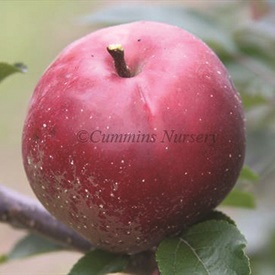
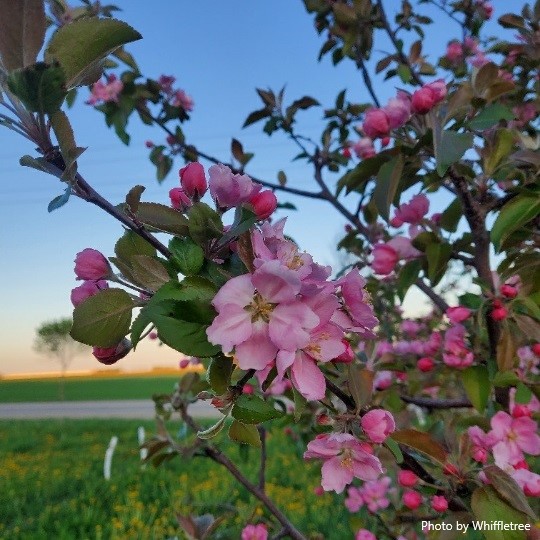
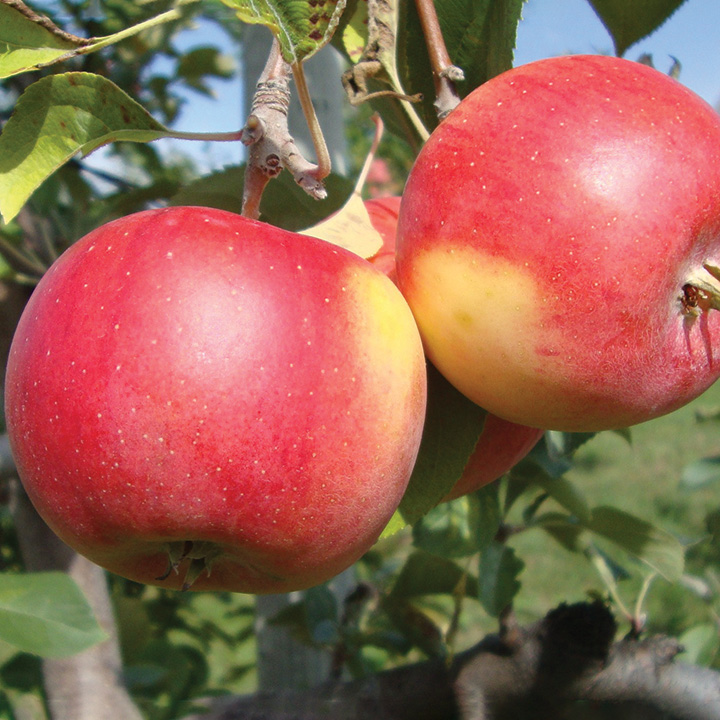
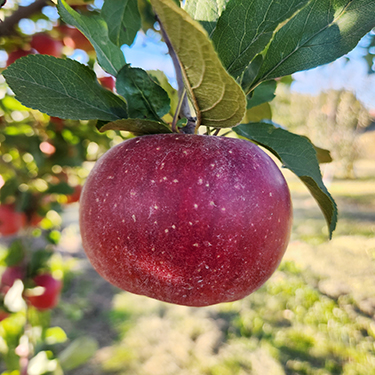
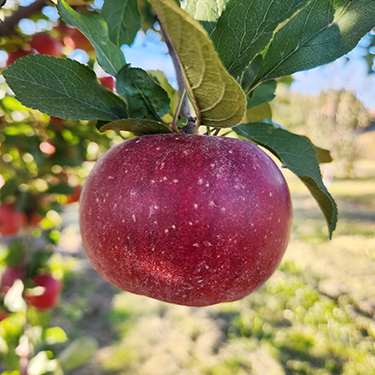
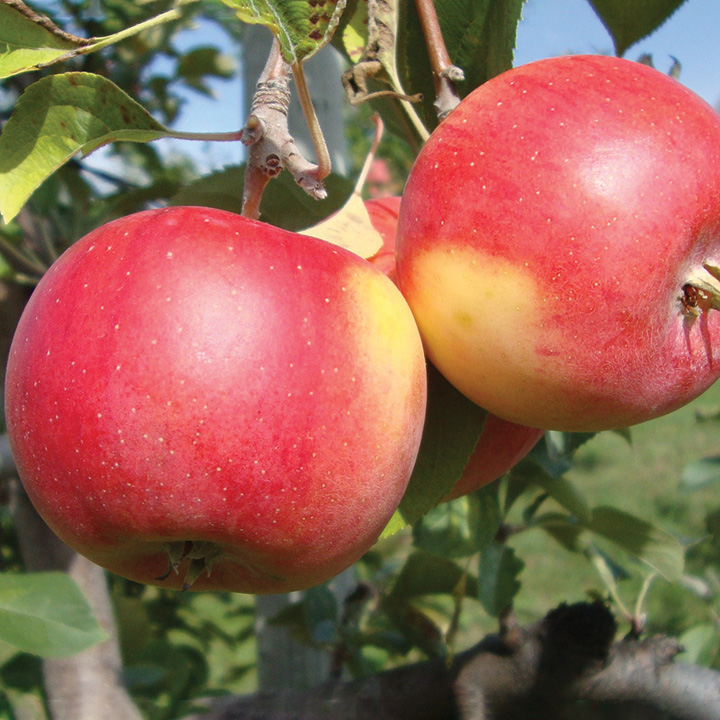
Reviews
There are no reviews yet.